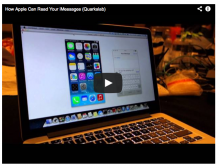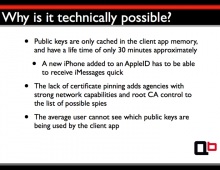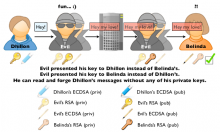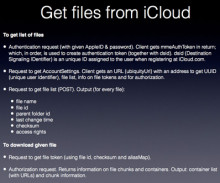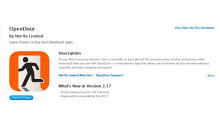Of Course iMessages Isn't Perfectly Secure - Nothing Is
iMessage is supposed to be bulletproof. Apple claims its end-to-end encrypted messaging service, as well as its video messaging app FaceTime, are so secure that even it lacks the means to decrypt the data sent between sender and receiver. No backdoors, no workarounds, nothing.
















































